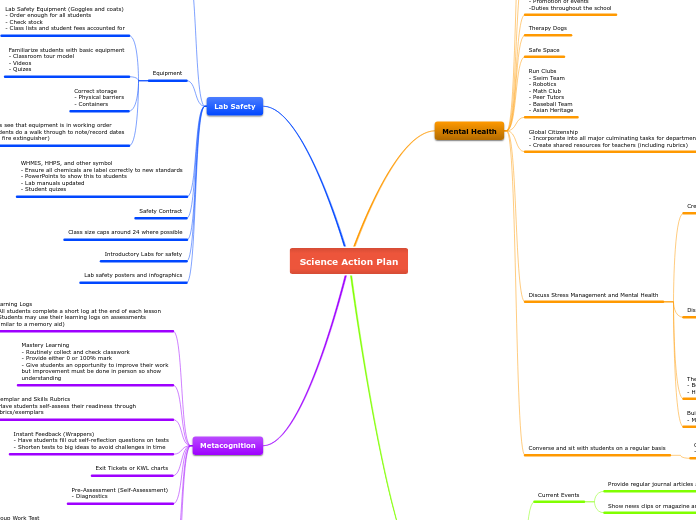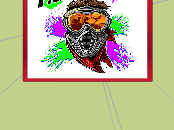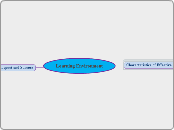door Daniel Chan 5 jaren geleden
199
Science Action Plan
The science action plan emphasizes enhancing student learning through various strategies. It promotes the use of metacognitive practices by encouraging students to reflect on their learning through logs and self-assessment rubrics.









